MCWD press release
Mammoth Lakes, California – The California Association of Sanitation Agencies (CASA) sponsored Assembly Bill 1672 to require proper labeling of wipe products. The Mammoth Community Water District (District) supports AB 1672 and CASA’s efforts to minimize impacts on our sewer and wastewater facilities.
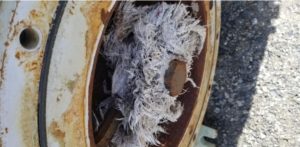
This picture is displaying an impeller from chopper pump responsible for mixing the digester tank at the wastewater treatment plant. This impeller was no longer able to mix the digester tank efficiently due to the numerous wipes wrapped around it. This is common on District equipment
Currently, many wipes marked as ‘flushable’ do not break down in the sewer system. Flushing wipes down the toilet can clog sewer lines, cause sewer overflows, damage collection systems and create disturbances in the wastewater treatment plant.
“Wipes cause major disruptions in our collection system,” states Jerry Baker, Line Maintenance Supervisor.
Baker has been with the District for 23 years and knows the sewer collection system well. He went on to say, “we have over 75 miles of sewer lines in the Town of Mammoth Lakes. Wipes bind together and can create blockages, making sure the lines are clear of wipes keeps my crew busy.”
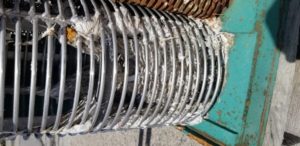
This is a picture of the influent grinder completing clogged with wipes. The District spent over $200,000 to replace the grinder with a trash removal system due to the persistent problems cause by the influx of wipes at the wastewater treatment plant
“All of the sewage generated in Mammoth comes to the wastewater treatment plant and with it comes wipes” reported Chief Wastewater Treatment Plant Operator, Tyler Nelson. “Wipes do not break down like toilet paper and get tangled in our equipment. The issues wipes cause are costly, increasing maintenance and equipment replacement,” Nelson added.
The term ‘flushable wipes’ on packaging misinforms consumers. AB1672 would require proper labeling, if the wipe does not meet certain performance standards, then it cannot be labeled as flushable.
The District is optimistic that with proper labeling, consumers will dispose of wipes correctly.
Customers can do their part by throwing wipes where they belong, in the trash.





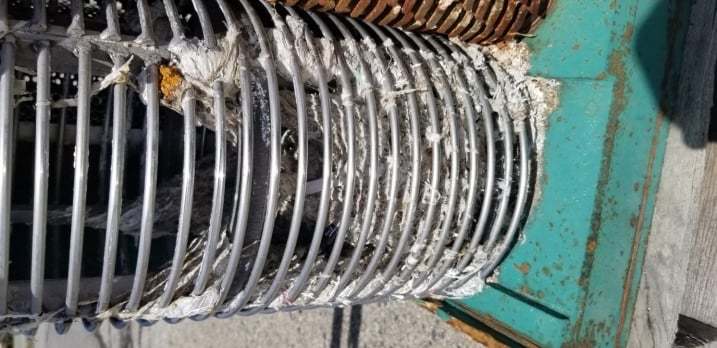

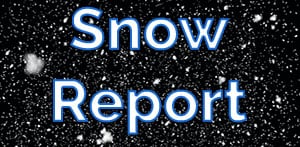



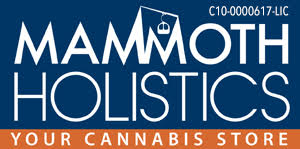





Not condoning it, but all they advertise is that the wipes are flushable.
At what point do the companies responsible get held accountable for false advertising and polluting our planet?